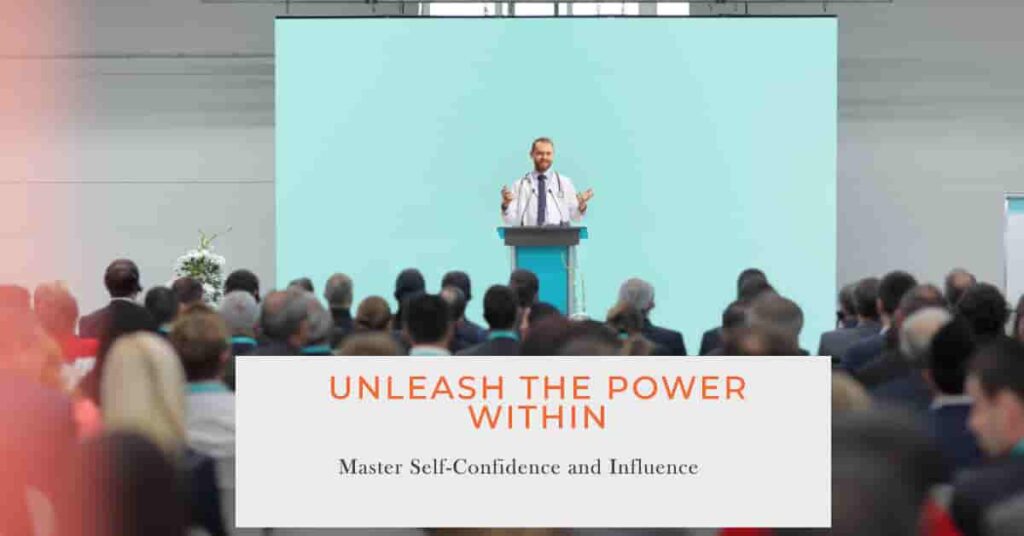
BUILDING ON ROCKS
Three friends made significant investments and sought advice on navigating challenges and achieving success. After evaluating their investment choices, one friend stood out for selecting a stable, long-term investment with high returns. This led to a valuable discussion about decision-making based on rocks, stones, and sand a principle taught to the friend by their parents. He emphasized that critical decisions should always be based on rocks, which symbolize stability, long-term value and resilience. He drew a parallel between the foundation of a building and the importance of solid principles, values, and systems that ensure long-lasting success.
Understanding the Volatility of Our World
According to Dr. Joshua Kolawole, he explains the chaotic, uncertain, and complex nature of today’s world using frameworks like V.U.C.A. (Volatile, Uncertain, Complex and Ambiguous) and B.A.N.I. (Brittle, Anxious, Nonlinear, Incomprehensible) to describe the turbulence in our environments. Organizations, nations and individuals are facing unprecedented levels of instability due to shifts in leadership, complex relationships and unpredictable outcomes. Hence, building on solid foundations (rocks) is more important than ever to ensure resilience and sustainability.
Five Critical Ways to Build on Rocks
Five fundamental principles for building on a solid foundation, whether for an individual, an organization, or a nation.
1. Build a Solid Value System:
- Foundation of Integrity: A solid value system is the bedrock for lasting success. Your personal or organizational values should be based on truth, transparency, moral integrity, justice, and fairness.
- Lasting Transformation: A system built on such values will withstand challenges over time, as truth is unshakable.
- Character and Brand: Character defines a person’s identity, and similarly, the value system defines the brand of an organization. When this foundation is strong, the organization will be more likely to succeed in the long term.
2. Be Purpose-Driven and Vision-Oriented:
- Clarity of Purpose: Having a clear purposeis vital for guiding your decisions and actions. This helps you stay focused and aligned, preventing distractions that may lead to corruption or drift.
- Vision for the Future: In addition to having a purpose, it is essential to set goalsand define a long-term vision. This will guide your decisions and keep you grounded as you strive to achieve something greater than immediate objectives.
- Purpose + Value System: When you combine a purpose-driven approach with a solid value system, you create a powerful framework for personal, organizational, or national transformation. You become unstoppable.
3. Adaptability and Resilience:
- Adaptation and Preservation: Every successful entity must preserve its core values while adapting methods and approaches to the changing environment. For example, transportation has evolved over time (from walking to motor vehicles to airplanes), but the core principle of moving from point A to point B remains the same.
- Resilience: Adaptability goes hand in hand with resilience—the ability to recover from setbacks, withstand storms, and keep going in the face of uncertainty. Resilience builds strength both individually and collectively, allowing you to bounce back from failures or challenges.
- Balance of Foresight and Near-Term Decisions: Resilience involves balancing long-term vision with immediate, practical decisions, ensuring the ability to navigate turbulent times.
4. Invest in Relationships and Empower Others:
- Empowerment: Great leaders and organizations invest in people, focusing on empowering their teams and stakeholders. Empowerment enables individuals to take ownership and drive transformation.
- Personal Empowerment: Just as leaders must empower others, they must also empower themselves by investing in their own development—emotionally, intellectually, socially, and spiritually. This creates a culture of mutual empowerment where everyone grows together.
- Strengthening Networks: Building strong networks, associations, and relationships is critical for support, innovation, and collaboration. These relationships contribute to your personal growth and the growth of the entire organization or community.
5. Create a Plan Based on Impact and Long-Term Service:
- Faith-Based, Principle-Driven Planning: Successful leaders and organizations build plans based on strong principles, faith, and a commitment to serving others. These plans focus on creating lasting impact, rather than short-term results.
- Impact Over Time: Sustainable change is a result of continuous, long-term efforts. Creating impact requires careful integration of efforts and a consistent focus on long-term outcomes, rather than quick fixes or fleeting achievements.
- Building Communities and Systems: Impactful living involves contributing to the betterment of people, systems, and nations over time. When your efforts are aligned with service and impact, you foster long-lasting transformation and growth.
Conclusion
key points that will help you build on a solid foundation (rocks):
- Build a solid value system based on integrity and truth.
- Be purpose-driven and define a clear vision aligned with your values.
- Adapt and stay resilient, preserving core principles while adapting methods to changing times.
- Empower others and invest in relationships to foster collective growth.
- Create long-term plans based on impact, principles, and service.
These principles ensure that you build a life, organization or nation that not only survives but thrives amidst uncertainty, complexity and change.
Reference
- Dr. Kolawole, Joshua. (2025). Building on Rocks.
- Summarized by Adunmade Emmanuel – 2025.



